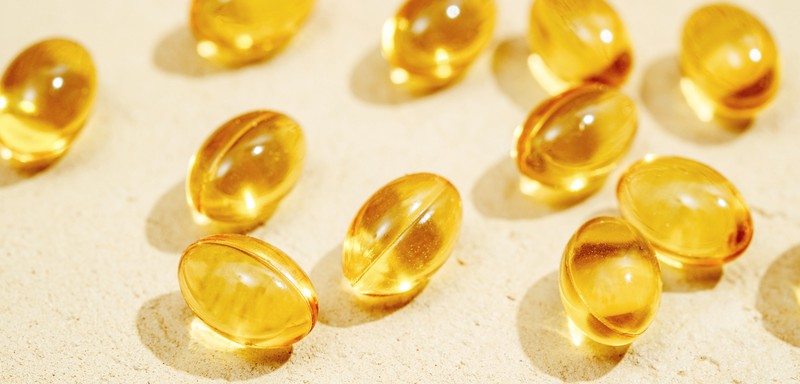
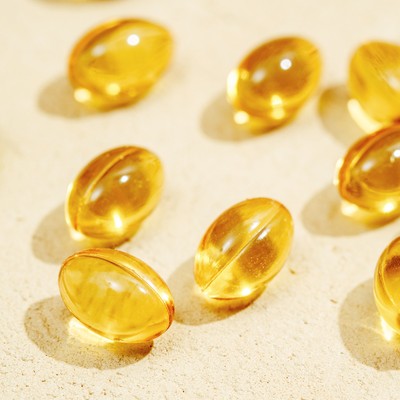
The Experts’ Guide To Dealing With Reflux
Heartburn Affects One In Three Adults
That tell-tale feel of chest pain that occurs after eating, lying down or bending over is surprisingly common, Dr Shivani Dattani, GP at East Barnet Health Centre, tells The Gold Edition. Plus, the most commonly prescribed medicines in the UK are PPIs, medication that specifically targets indigestion and reflux. “This gives you an idea of how many people suffer from this painful condition,” he tells us. “Most people have acid reflux at some point in their lives, but it’s particularly common after a big meal, meaning cases tend to skyrocket in the festive period. Around one in three adults has reflux symptoms every few days, while one in ten has symptoms at least once a day. Reflux is more common in smokers, heavy drinkers, those who are overweight, those aged between 35 and 64, and those who regularly take anti-inflammatory painkillers.”
It's Nothing To Do With Your Heart
Despite the name, heartburn is nothing to do with your heart, explains Adrienne Benjamin, nutritional therapist at ProVen Probiotics. “Reflux – or acid reflux – is also known as heartburn, because of the burning pain behind your breastbone, which moves up towards your throat. The medical terms are oesophagitis or gastro-oesophageal reflux disease (GORD).” Acid reflux involves regurgitation of acid from the stomach travelling up towards the throat, leading to belching or burning in the chest and throat area. “The main cause of acid reflux is a dysfunction in the valve that separates the stomach from the oesophagus. When functioning normally, the valve will close once food has passed through, but if it doesn’t close completely, acid can move backwards up the oesophagus. Our risk of reflux increases as we age due to weakening of the muscles in the gut wall and particularly the oesophageal valve.”
Symptoms Aren’t Just About The ‘Burn’
While a burning sensation in your throat is one of the most common symptoms we associate with heartburn, it’s not the only one. And it’s possible you might not even feel the burn at all. “The well-known burning sensation within your chest is the most common symptom, but it’s also common to get a sour taste in your mouth,” says Dr Luke Powles, associate clinical director from Bupa Health Clinics. “Some people may find they develop bad breath, or they get recurring hiccups or a cough, which can make their voice hoarse or leave them feeling sick and bloated.”
Medication Will Provide Temporary Relief
“Antacids – alkaline liquids or tablets that coat the lining of the stomach and counteract the acid in your stomach – provide quick relief and can be bought over the counter from the pharmacy,” Luke says. “However, if you have symptoms frequently (two to three times per week), it’s worth chatting to your GP, who will most likely recommend acid suppressing medications called proton pump inhibitors, which reduce the amount of acid the stomach makes. Your GP will normally recommend you try these medications for one month before reviewing the situation. Less commonly, an operation is needed to ‘tighten’ the lower oesophagus to prevent acid leaking up from the stomach – this is done by keyhole surgery.” Shivani also tells us that it’s vital to see your GP straight away if you are also experiencing other symptoms, such as getting food stuck in your throat, vomiting, weight loss, poor appetite, or difficulty or pain on swallowing. “Your GP may carry out blood tests or refer you for a gastroscopy to find out what’s causing your symptoms,” he says.
Lifestyle Habits Can Make A Real Difference
Experts agree that medication only provides a temporary solution and that antacids shouldn’t be taken in the long term. “If you’re suffering with reflux, it’s worth trying a few holistic measures as occasional mild reflux can be treated by yourself at home. Even small measures can make a real difference,” says Adrienne. “Remember, medication will never address the root of the problem, and a longer-term approach is to adopt a lifestyle and diet that aims to prevent symptoms occurring in the first place,” she says.
Here, the experts share their top tips for getting on top of reflux…
Stress Less: “When we experience stress, the body goes into ‘fight, flight or freeze’ mode, which switches off digestion. This process is invaluable in situations of genuine stress, when we are unlikely to be eating, but when we experience prolonged, chronic stress, this can downgrade the digestive system for longer periods and exacerbate reflux.” – Adrienne
Identify Food Intolerances: “Acid reflux is a common side effect of lactose intolerance. Lactose can be found in dairy foods like milk, yoghurt, white and soft cheeses, and ice cream. If in doubt, try keeping a food diary, noting when you experience symptoms.” – Marilia Chamon, registered nutritional therapist
Avoid Trigger Foods: “Spicy, fatty and deep-fried food are common triggers for many people, as are alcohol and caffeine. Citrus fruit and fruit juice can also be a trigger for some people. It can also help to follow consistent mealtimes. It’s also imperative to avoid eating late at night – try to finish your last meal no later than three hours before going to bed.” – Marilia
Add Apple Cider Vinegar To Water: “Adding a tablespoon of apple cider vinegar to a small glass of water and drinking five to ten minutes before each meal will help stimulate stomach acid production and support digestion. Also try supplementing with hydrochloric acid (HCI) and pepsin to support stomach acid levels and help break down and digest food.” – Adrienne
Try Probiotics: “Taking a multi-strain probiotic and digestive enzymes will help support your digestive system and ensure food is broken down and assimilated in the correct way.” – Adrienne
Consider A Supplement: “Botanicals such as liquorice root, slippery elm and marshmallow root can help alleviate symptoms. Also try Invivo Bio.Revive Mucin+, a supplement formulated with the health of mucosal layer of the GI tract in mind. It contains herbs that can protect the gut and prevent acid reflux.” – Marilia
Eat More Protein: “If you suspect sphincter tone is causing your reflux, increase your protein intake. Amino acids – the building blocks of protein – may help strengthen the body’s connective tissues and ensure healthy collagen production.” – Jenya Di Pierro, herbal medicine practitioner and founder of Cloud Twelve
Change How You Sleep: “If you struggle with reflux on a regular basis, raise the foot of your bed by 15-20cm, which has been shown to be beneficial. Also try to lie on your left side as much as possible, which appears to alleviate symptoms.” – Jenya
Have A Holistic SOS Plan: “To bring quick relief, try a cup of flaxseed tea. Boil half a cup of flaxseeds in four cups of water and then cool – the seeds will settle. Drinking aloe vera gel also provides speedy relief.” – Jenya
For more information or support, visit EastBarnetGPSurgeries.co.uk, Bupa.co.uk, CloudTwelve.co.uk, GutfulnessNutrition.com and ProvenProbiotics.co
Shop The Best Products To Help Tackle Reflux...
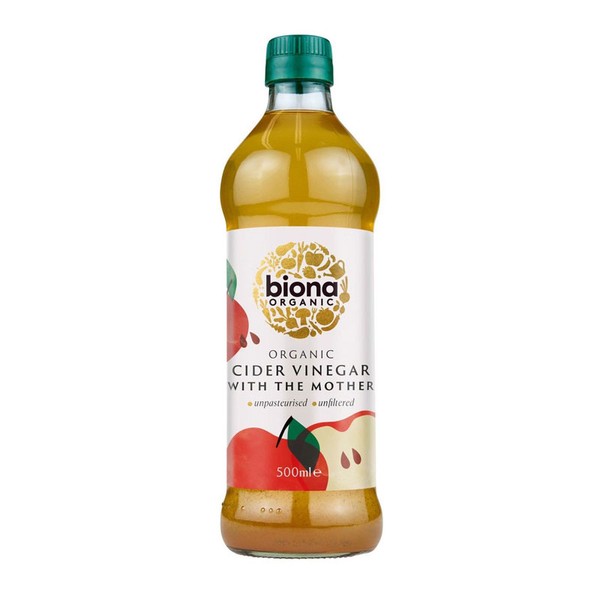
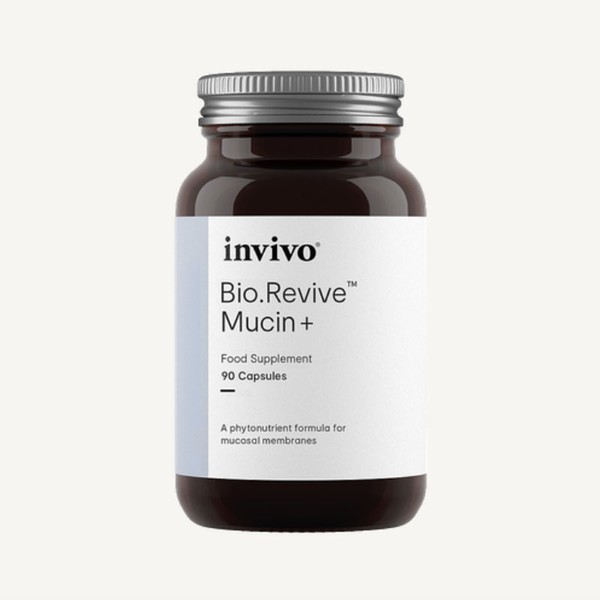
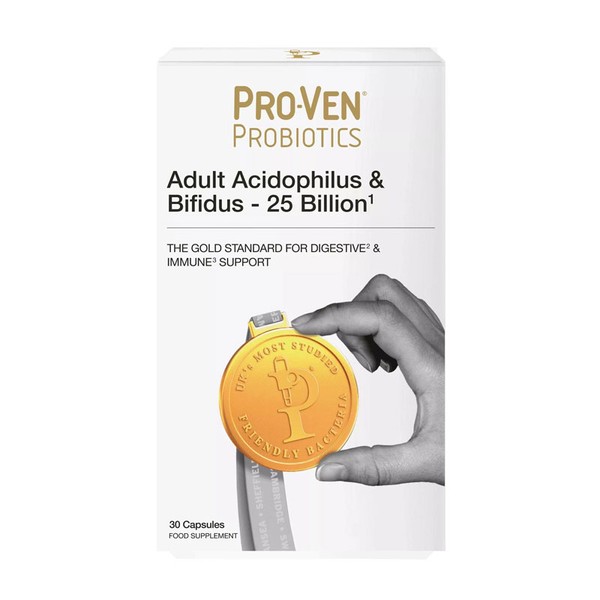
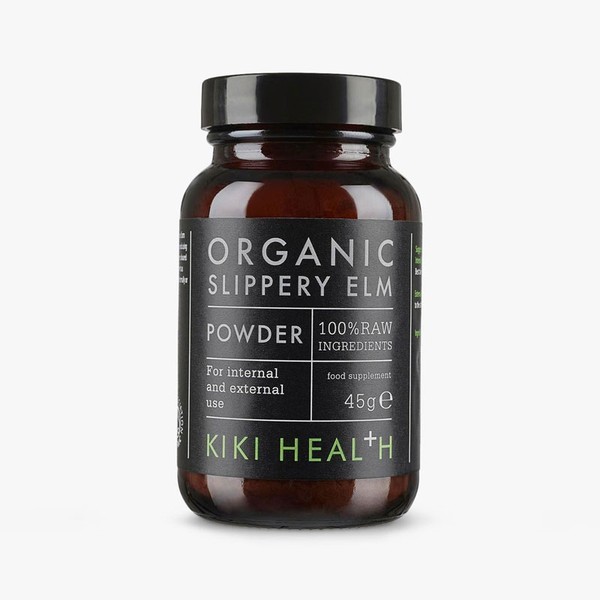
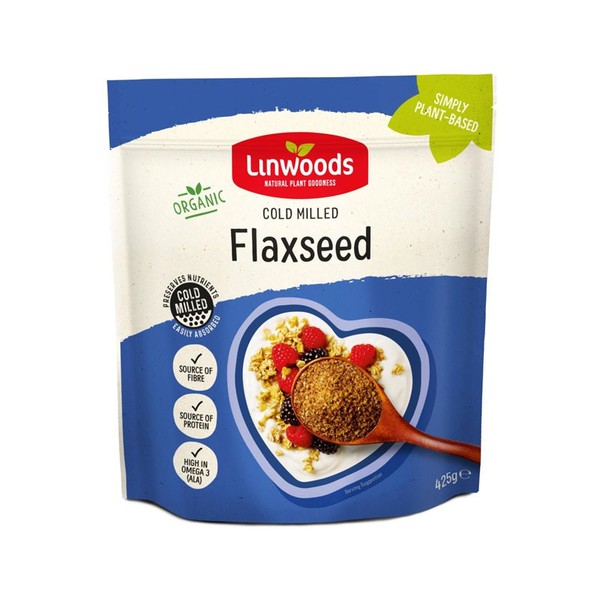
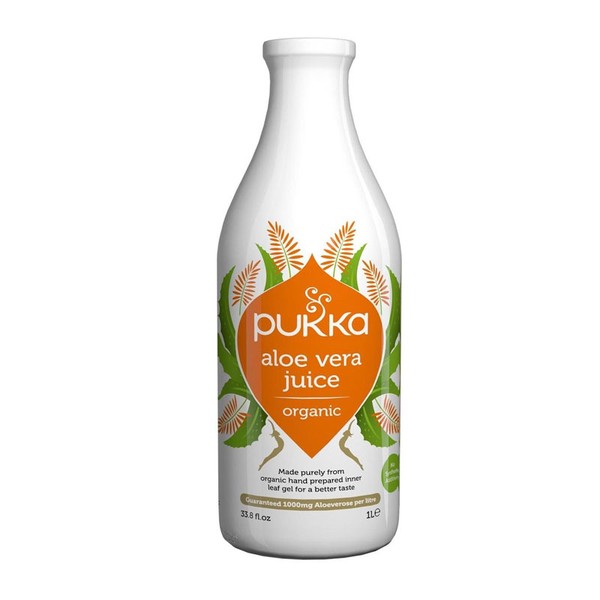
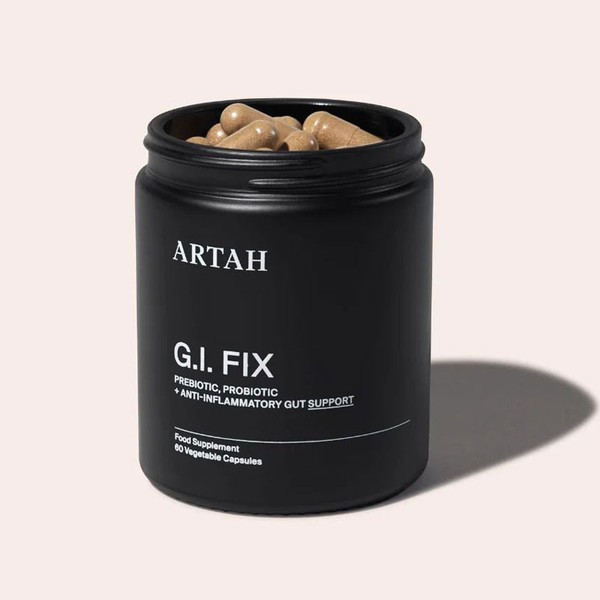
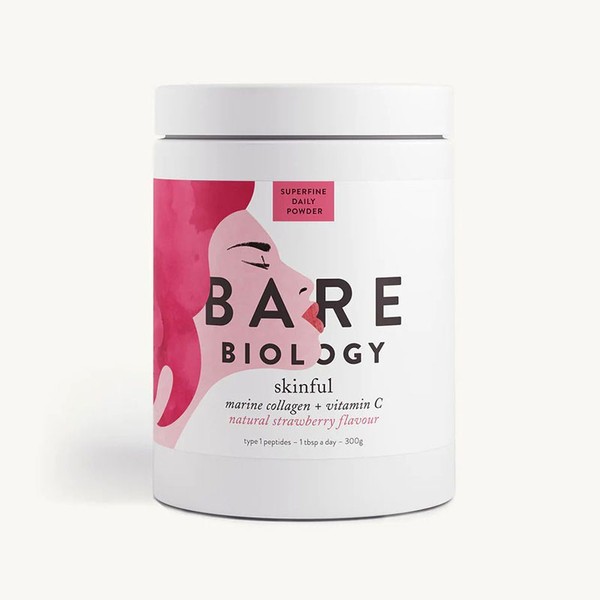
DISCLAIMER: Features published by SheerLuxe are not intended to treat, diagnose, cure or prevent any disease. Always seek the advice of your GP or another qualified healthcare provider for any questions you have regarding a medical condition, and before undertaking any diet, exercise or other health-related programme.
DISCLAIMER: We endeavour to always credit the correct original source of every image we use. If you think a credit may be incorrect, please contact us at info@sheerluxe.com.

